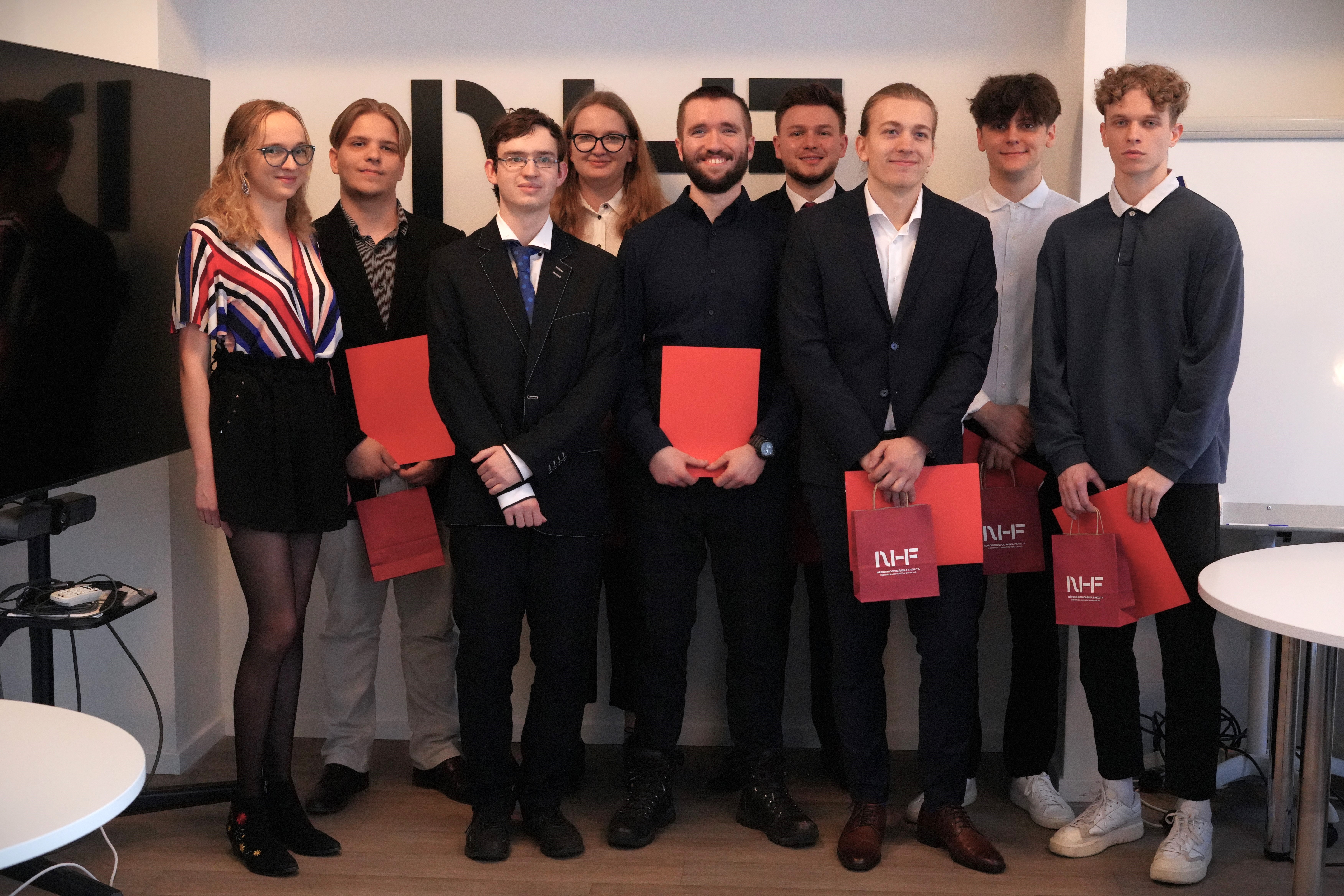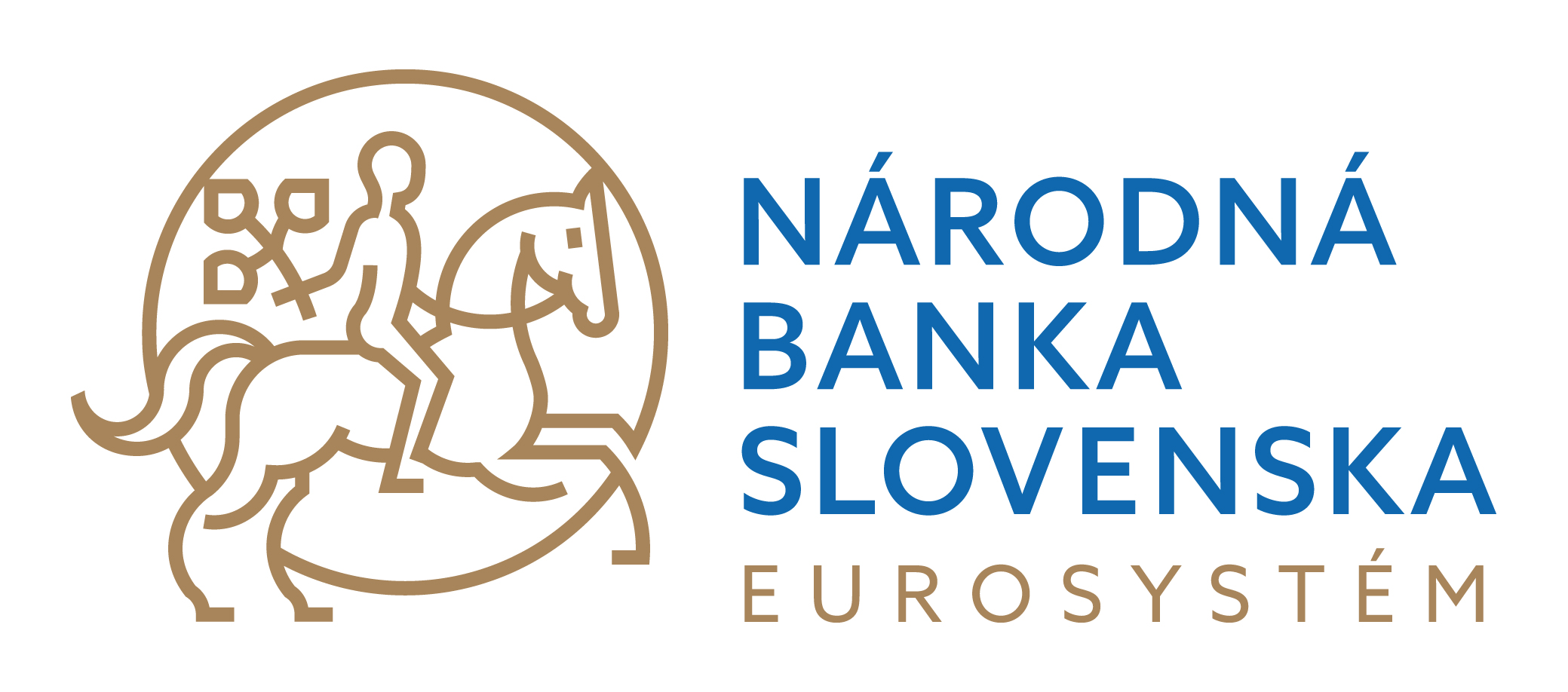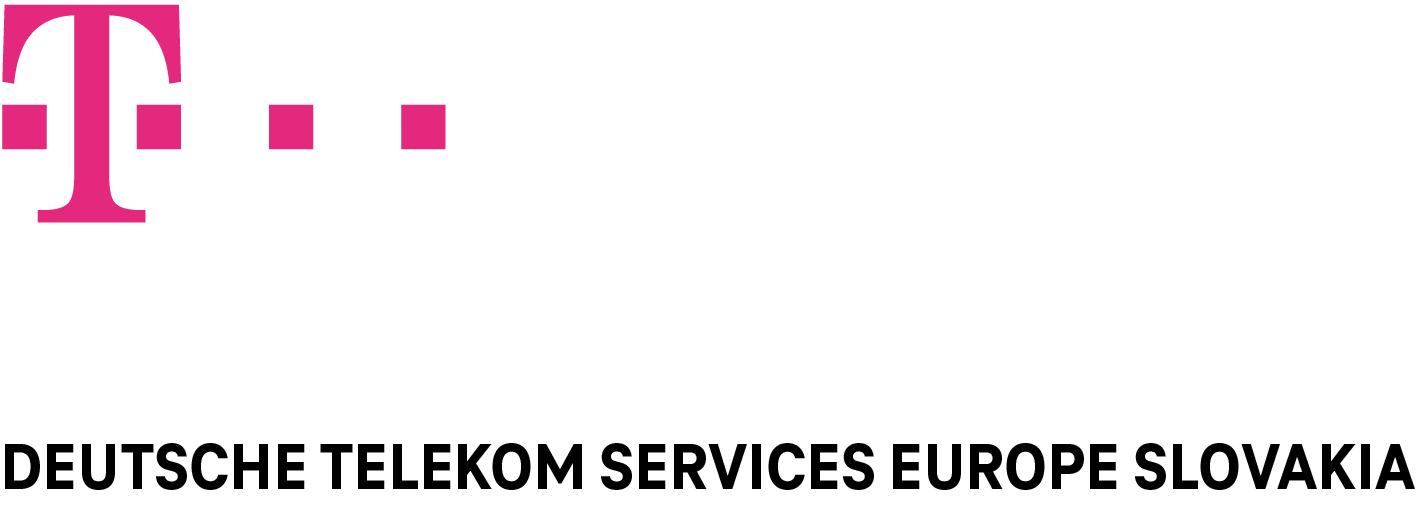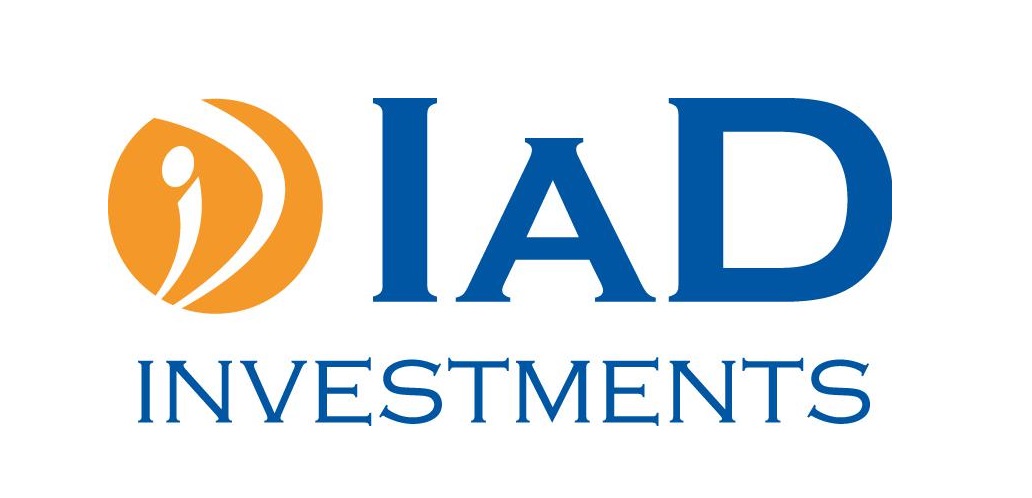The faculty round of the Student Scientific and Professional Activity (sk abbr. ŠVOČ) took place on 12th April in a hybrid format. Nine students participated in this year's event, including D. Péli, B. Horosz, M. Hajdučková, V. Hnilicová, D. Miženko, B. Gerát, M. Majerčák, J. Šimčisko and M. Kutiš.
The presentations were evaluated by an expert committee consisting of Assoc. Prof. Ing. Silvia Šipikalová, PhD (chair) and members Ing. Peter Leško, PhD., Ing. Andrej Cupák, PhD., MA. Peter Tóth, PhD. and Patrik Klimáček (Student Parliament of the NHF EU in Bratislava). The committee evaluated the presentations based on the relevance of the topic, the scientific contribution, the originality, the quality of the presentation and the students' responses to questions from the committee and the audience. Based on a comprehensive evaluation of the defence of the students' work and taking into account expert opinions, the committee members decided on the ranking of the students' work.
Boris Gerát (EaP) with his work "Neural Networks Reshaping Business Cycle Studies: Identifying Turning Points and Recapitalising Research" emerged as the winner of the ŠVOČ at the undergraduate level. At the graduate level, Juraj Šimčisko's paper on "Correction of non-randomly selected sample in entry models" was judged the best ŠVOČ paper.
Other ŠVOČ papers dealt with interesting topics such as "Effects on macroeconomic indicators of changing the focus from direct to indirect taxes"; "How do we educate the youngest economists - principles of economic science hidden in Slovak folk tales"; "Effects of the COVID-19 pandemic and the war in Ukraine on financial well-being in the context of economic factors in Slovakia"; "Voter turnout as a localisation factor for non-governmental organisations in Slovakia"; "Effects of monetary policy on the stock market"; "Unleashing academic potential: Analysing the Efficiency of R&D Expenditure in Economics Faculties and the Pivotal Role of Specialised Research Institutions"; "Redistribution, Inequality and Economic Growth". The winners of the faculty round advanced with their papers to the university-wide ŠVOČ EU in Bratislava.
The ŠVOČ faculty round was enriched by the presentations of students nominated by the Faculty of Economics of Prague University of Economics and Business. Student Ing. Lubor Šimůnek presented the topic "Impact of cryptocurrency inflation on the economic performance of cryptocurrencies", while student Bc. Kateřina Miškovská presented the topic "Analysis of the coordination of monetary and fiscal policy in the USA from 1945 to 1975 in the context of the economic cycle". Similarly, the winners of the faculty round presented their work at the event "Competition for the Dean's Prize of the Faculty of Economy at the University of Economics in Prague for the year 2024" as part of the long-standing cooperation between NHF EU in Bratislava and NF of Prague University of Economics and Business.
Ranking of the prize-winning ŠVOČ papers at the undergraduate level:
- Boris Gerát (Economy and Law program) - Neural Networks Reshaping Business Cycle Research: Identifying turning points and recapitalising research
- Dávid Miženko (Applied Economics program) - The impact of monetary policy on the stock market
- Dominik Péli (Economy and Law program) - Impact on macroeconomic indicators of a shift in focus from direct to indirect taxes
Ranking of the prize-winning ŠVOČ papers at the graduate level:
- Juraj Šimčisko (Applied Economics program) - Correction of non-random sample in entry models
- Marco Majerčák (Applied Economics program) - Unlocking academic potential: Analysis of R&D spending efficiency in economics faculties and the key role of specialised research institutions
- Michal Kutiš (Applied Economics program) - Redistribution, Inequality and Economic Growth
We would like to thank all the students who participated in ŠVOČ, congratulate the winners of each category and highly appreciate the quality of all the results, which represent various research areas that we focus on at the Faculty of National Economy, University of Economics in Bratislava.












